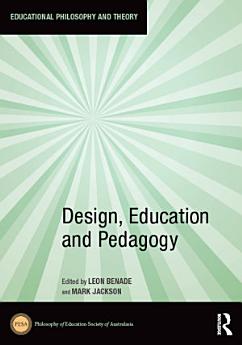Design, Education and Pedagogy
About this ebook
These changes in educational facilities have spawned a range of new terminology. For example, terms such as ‘modern learning environments’, ‘innovative learning environments’, ‘flexible learning environments’ and ‘new generation learning spaces’ have gained currency in recent years. The development of flexible learning spaces, while suggesting design creativity, also points to the desire by governments to influence educational outcomes. The displacement of traditional classrooms also presupposes varied teaching and learning approaches, calling on teachers to work in teams and to de-privatise their practice into spaces that are transparent and porous.
These developments in the area of educational facilities suggest critical questions regarding the origins and purposes of these changes in educational thinking and practice. Questions must also be raised about the links between conception, design intention and spatial practice. Underlying these questions are competing views on the design of education facilities. This volume gathers a range of international authors who theorise these questions at the intersection of building design, pedagogy and educational policy.
The chapters in this book were originally published in the journal Educational Philosophy and Theory.
About the author
Leon Benade has an interest in the way 'twenty-first century learning' impacts teachers’ work, particularly in relation to the establishment of innovative learning environments (ILE).
Mark Jackson has a research focus on design ethics with respect to spatial practices that extend from education facilities to broader concerns with urban political theory and practice.





